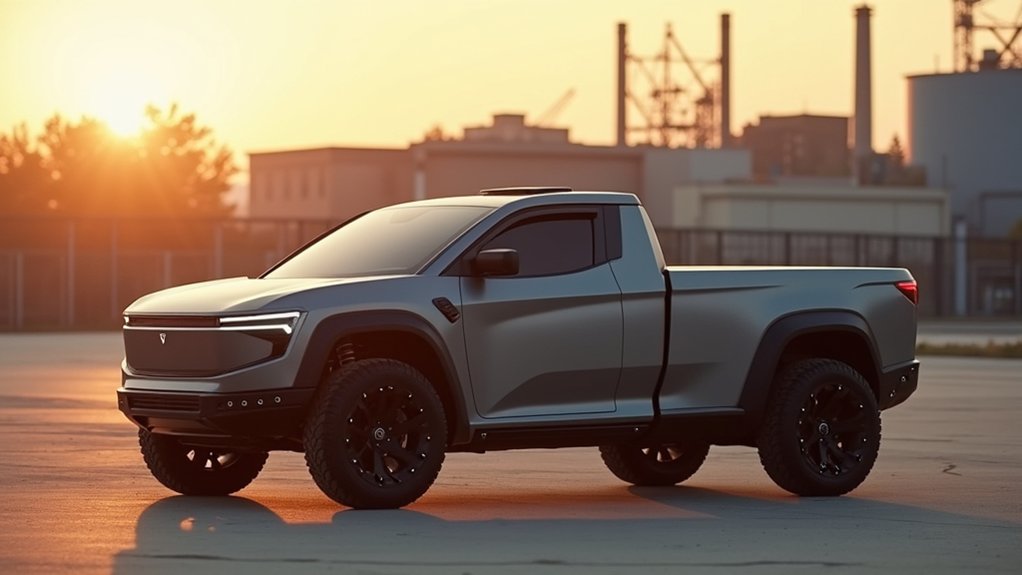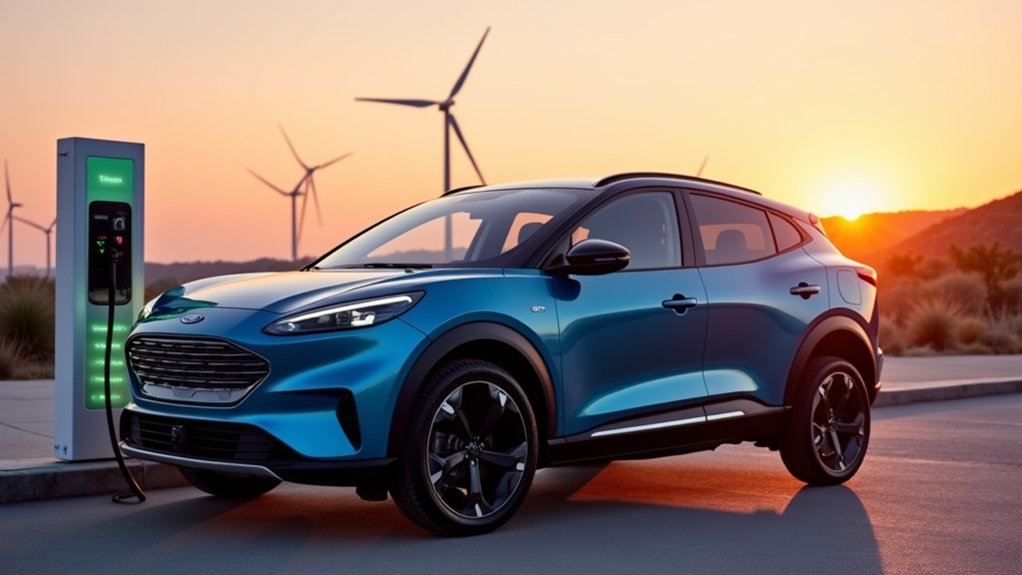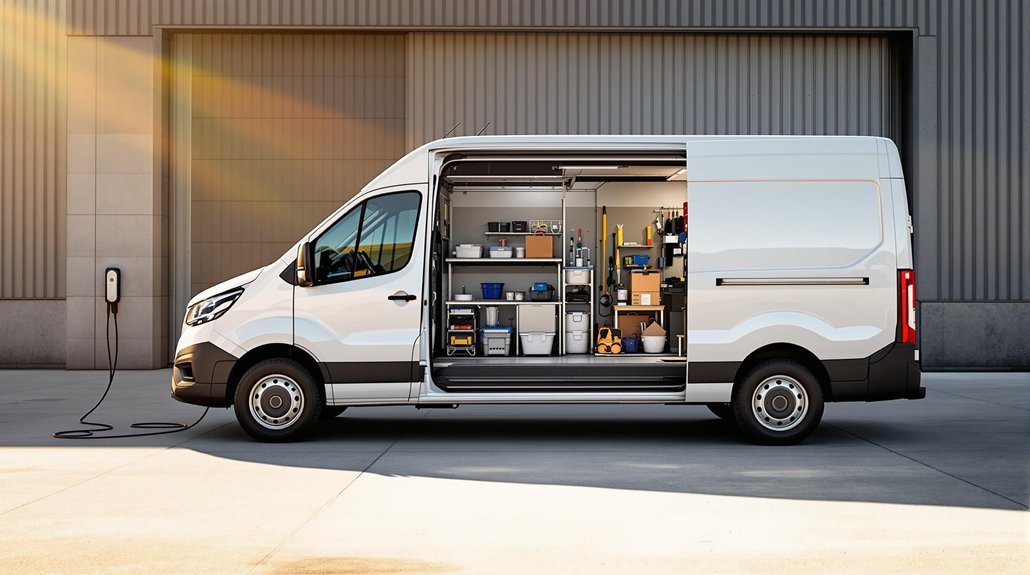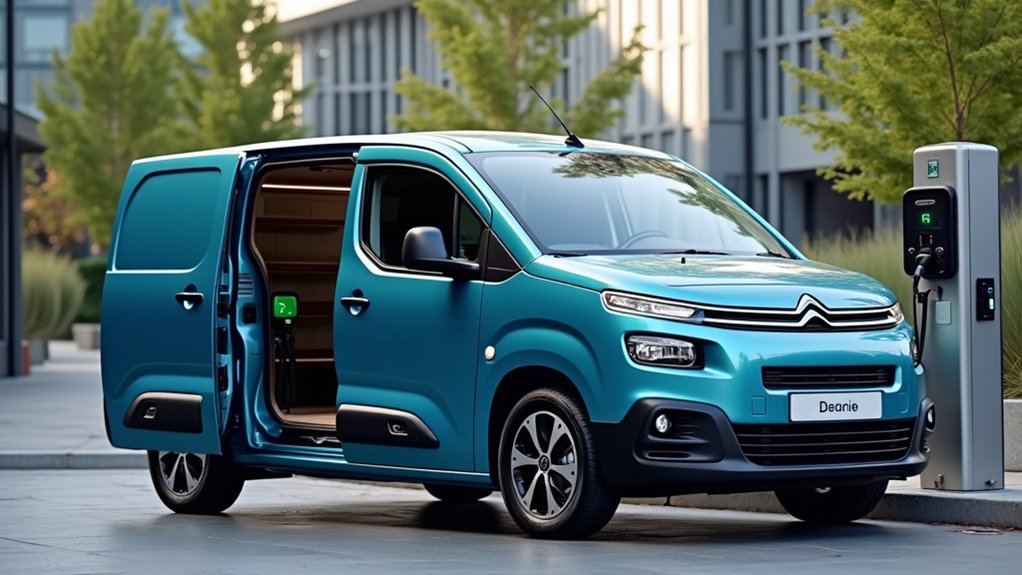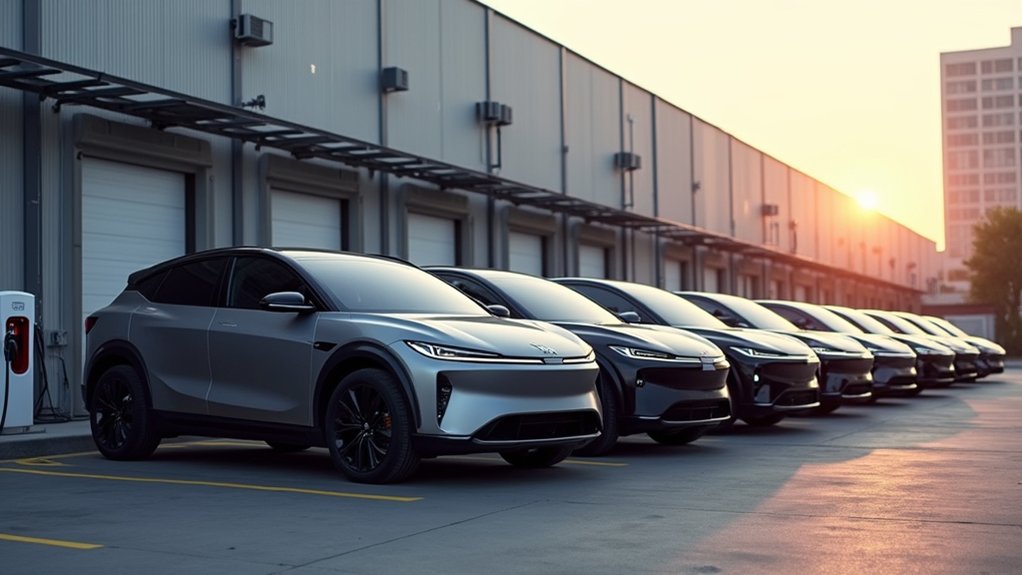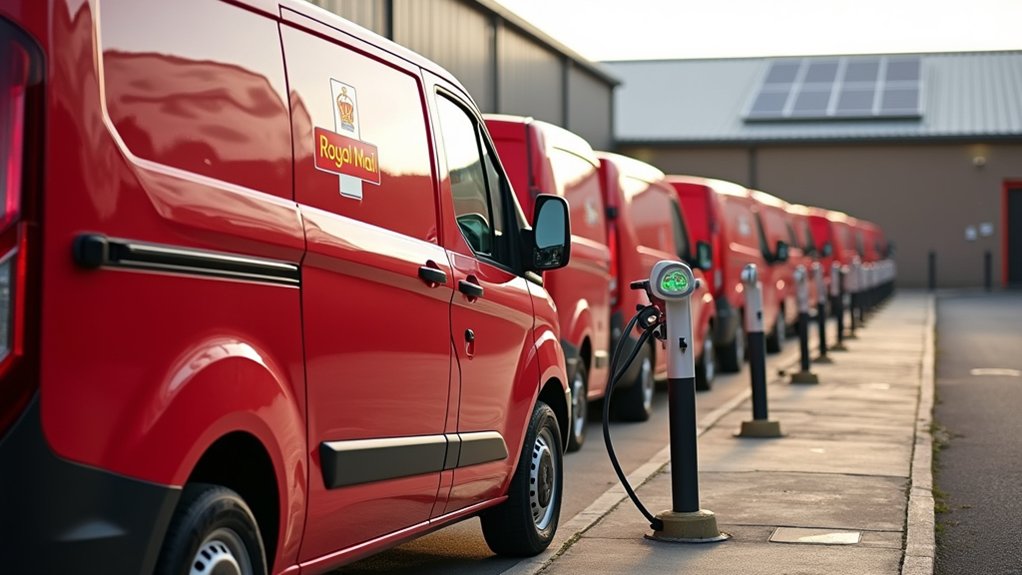While major electric vehicle manufacturers continue to target luxury segments with high-priced offerings, Jeff Bezos has quietly positioned himself to disrupt the market through his backing of Slate Auto. The Michigan-based startup, which emerged from Bezos-affiliated Re:Build Manufacturing in 2022, has ambitious plans to launch a two-seat electric truck priced at just $25,000 by late 2026—a price point unheard of in today’s EV truck market.
Slate Auto’s approach stands in stark contrast to current market leaders. When comparing the proposed $25,000 price tag to the $60,000+ starting prices of the Ford F-150 Lightning and Rivian R1T, the disruptive potential becomes immediately apparent. The company secured approximately $111 million in funding during a 2023 round, with significant backing from Bezos himself alongside Mark Walter and Thomas Tull.
Market disruptors rarely come with a $25,000 price tag—but Bezos-backed Slate Auto aims to redefine EV affordability.
The compact two-seater truck features a minimalist design philosophy that prioritizes function over luxury. The unidentifiable small truck was recently spotted in Los Angeles, generating considerable speculation on social media platforms. The vehicle includes utilitarian elements like bolt-on fenders and marker lights that emphasize its practical nature. I’ve observed that this strategy mirrors successful historical precedents like the Ford Model T and Volkswagen Beetle—vehicles that revolutionized accessibility through affordability.
Reddit leaks suggest a sleek profile without a traditional grille, accompanied by strategically placed rear charging ports. Engineering talent recruited from General Motors and Harley-Davidson is currently developing prototypes in Troy, Michigan. Field testing appears to be underway, though the company maintains a deliberate low profile during this essential development phase.
The market positioning targets an underserved demographic: fleet operators, small businesses, and urban commuters requiring light-duty utility. Service industries like pest control and utilities represent prime adoption candidates. The truck’s compact footprint makes it particularly suitable for urban environments where larger EV trucks prove unwieldy.
Production timelines suggest vehicles could reach customers by 2027, dependent on supply chain stability and final design validation. Bezos’s financial backing provides vital runway for the engineering challenges ahead. The concept addresses the chicken-and-egg scenario between EV adoption rates and charging infrastructure development that currently plagues the industry.
If successful, Slate Auto’s affordable EV truck could accelerate the shift away from combustion engines in commercial applications—potentially making this investment one of Bezos’s most significant contributions to transportation sustainability.
